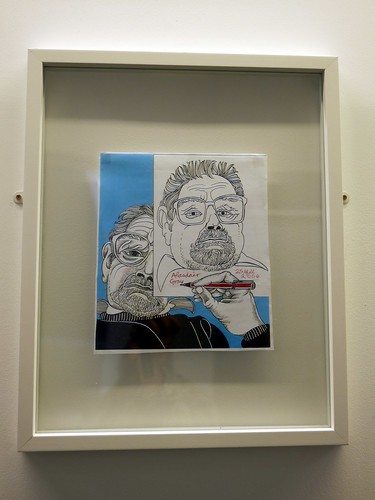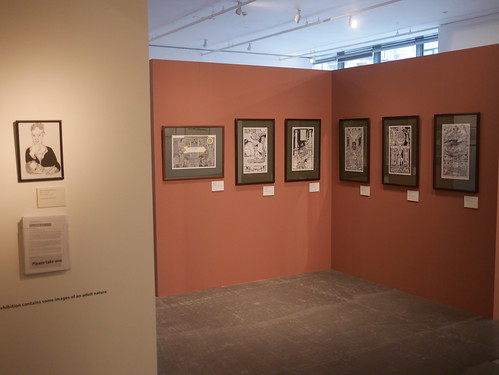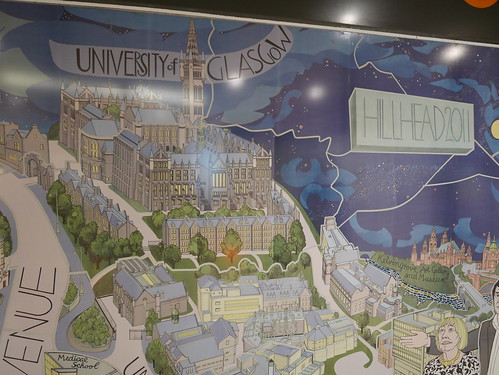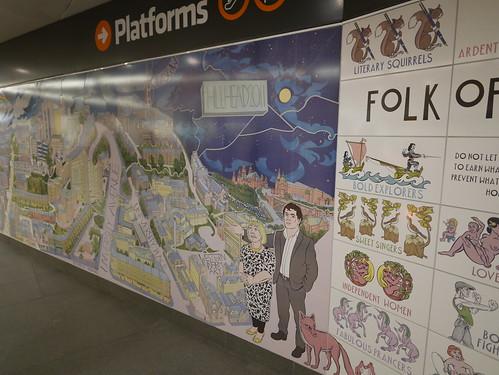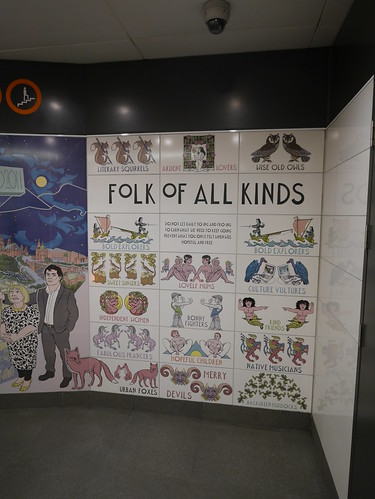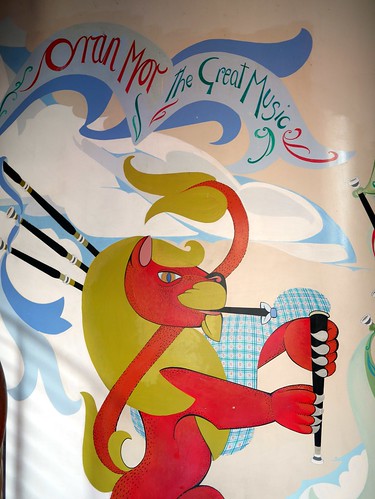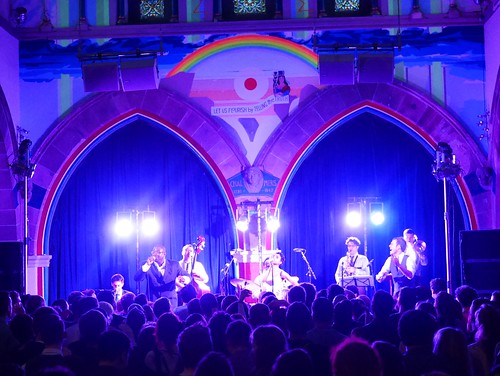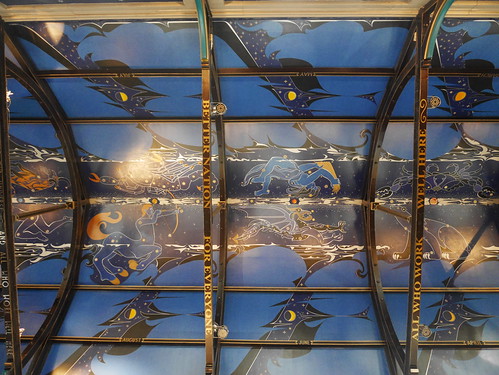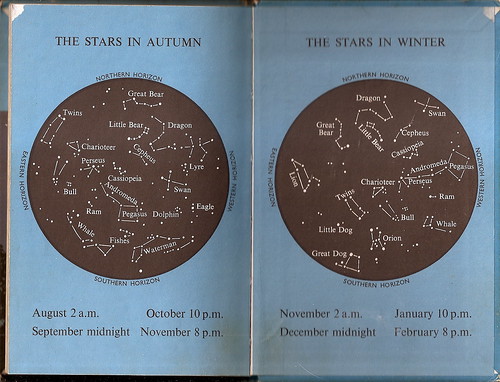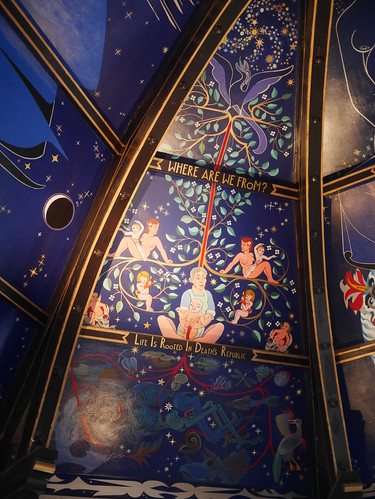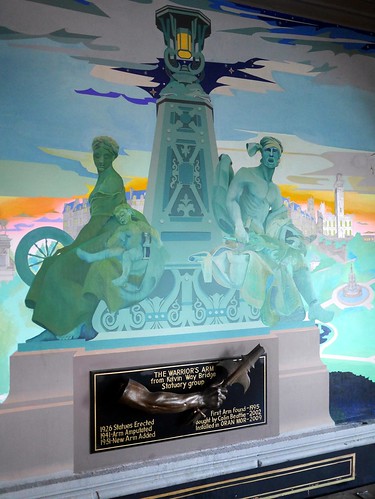Instead, I am going to uncritically lionise one of my own favourite artists, Alasdair Gray, whom, I am delighted to say, is celebrating his 80th phenomenally creative year in literature, art and politics.
I first came to know about Alasdair Gray - the temptation to refer to him as just "Alasdair" is huge as he has been such a part of my life for so long! - on the publication of "Lanark: A Life in Four Books" in 1981. I was in my last year at school and a friend (one whom I know dips occasionally into this blog: thanks, JT) told me about a mysterious book which was not quite fact, not quite fiction, partly science-fiction, partly mediaeval illustrated manuscript, part literary review, part autobiography and written with the sections in the wrong order and I knew that I HAD to read it. I spent my first summer between school and university, immersed in the book.
It is hard to explain the influence this book had on me and harder still to explain why it is well-enough known but is not one of the most famous books in the English language. As a first book, it is nothing short of dazzling: Anthony Burgess declared that Gray was "the most important Scottish writer since Sir Walter Scott" on reading it. If you haven't read it, go and buy a copy right now.
As it is AG's 80th year and Glasgow - with a lot of help from Sorcha Dallas, a longtime friend and supporter of Gray's and the GSA - has quite rightly decided to throw a retrospective. I do wonder what took so long but then I also wonder why he's never represented Scotland at the Venice Biennale...
ON Saturday, I went along to the Glasgow School of art for an "Artist Walk" arranged by the Reid Gallery at the GSA as part of this retrospective. Fellow Glasgow artist, Claire Barclay, led an enthusiastic group of fans around the show at the gallery and then around Glasgow to see some of the artist's mural work in situ.
The exhibition - yesterday was the last day - started off with images from "Lanark", which pleased me enormously. Seeing the images from the book in large format allows the study of the details which, at book-size, seem to be little more than texture:
One of the things I learned from the talk was that Gray is constantly revising his work and it is really interesting to see the way in which some of the original drawings have been altered and changed with white-out and black ink to reach their final form, as can be seen in this drawing (again from "Lanark"):
A nice touch in the show was the inclusion of a book-case of books, chosen by AG, which have been an influence on him:
This exhibition is titled "Spheres of Influence II" and includes work by artists who influenced him, as well as artists on whom he has had an influence. I have to confess to struggling with the relationship between AG and Eric Gill, though even the images shown above should be enough to make that clear, but I can't deal with the hypocrisy in Gill's work, the tension between his Catholicism and what we now know about the reality of his life; conversely, what I love about AG's work is the complete lack of hypocrisy, the "warts and all" approach which is apparent in all his literature and also when you actually speak to the man himself. (Although this approach can lead to the slightly grubby and best-forgotten "Something Leather"... I'm sure it is still better than "50 Shades" however!)
As an influence on other artists, AG is legendarily generous, supporting such varied luminaries as Peter Howson and Salman Rushdie!
After the exhibition, we all jumped on the Underground to go and see Gray's mural at Hillhead Underground Station, completed in 2011, of which we learned that he is wanting - rather impractically - to change some of the sections with which he is less-than-happy. I strongly suspect that is not going to happen.
We then walked up the road to the magnificent "Oran Mor", a converted ecclesiastical college, complete with church which now serves as a venue, bar, pub, restaurant and theatre.
I wrote about AG's murals in June of last year, when I went to a gig there -
- but this time the group had unfettered access to the venue and had the chance to look at them in daylight.
One of the fantastic things about having another artist talk about this work is that they bring an awareness of things which you might have missed yourself and which the original artist may not consider worthy of comment. This ceiling is apparently derived from illustrations in a "Ladybird Book"!
Claire also pointed out AG's tribute to Gauguin, which is not actually visible anywhere except in the top balcony of the venue (and I am not well-connected enough to ever be invited there!):
Finally, I love this image which treats an actual found-object with the sort of wit and reverence that I hope I bring to my own found-objects in my work. Again, I'd never seen this painting before as it is tucked away on the upper balcony:
If you are interested in any of the other current exhibitions of Alasdair Gray's work, you can find listings on Glasgow Life.
ADDENDUM - Save the Paolozzi murals at Tottenham Court Road Tube Station.
 |
| Image courtesy of Julie Gibson on Flickr |
From murals in Hillhead Underground to London and the early 1980s murals by another Scottish artist, Eduardo Paolozzi. These artworks are seen daily by hundreds of thousands of people. Crossrail have determined that elements of these murals are to be destroyed. Crossrail - with astonishing philistinism - have argued that they will "only" be demolishing 5% of the mural, to which Stephen Moore responded, "Would you remove the face from the Mona Lisa and say, 'Hey we're saving 95 per cent?' No. It's vandalism!".
There is a petition to ensure the murals remain intact and it can be signed here on Change.org

